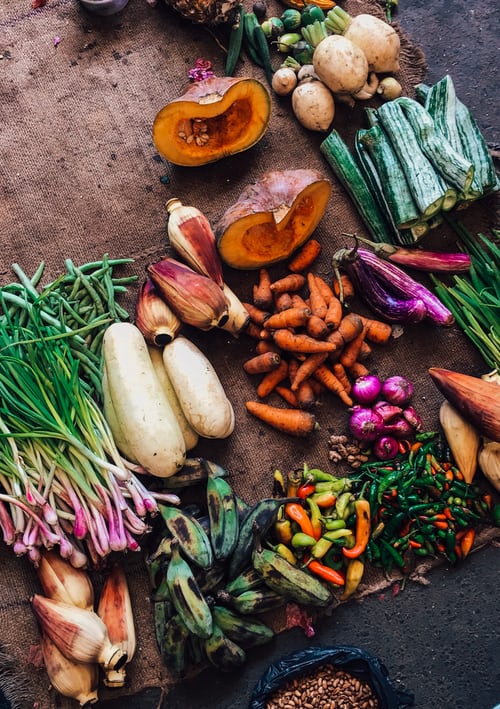We waste a lot of food. In South Africa, 10 million tons of food goes to waste every year. Fruits, vegetables and cereals account for 70 per cent of the wastage and loss which occurs early in the processing chain. Almost half of the fruit and vegetables supplied will be lost before it even reaches the supermarket shelves. According to the World Wide Fund for Nature‘s (WWF) published paper (pdf), South Africa is right on trend with equally high levels of food waste as the rest of the world. Estimates suggest that a third of all food in South Africa is never consumed and ends up in landfill, adding further pressure to an already over-extended waste-disposal system. But there is a solution and a way many homes around the world can make a difference when it comes to food waste. Enter Bokashi. As the name suggests, it is a Japanese term for fermenting organic matter. South Africans are eating a diet high in processed foods with lower fruit and veg intake. Reducing food waste in South Africa can improve the health and well-being of the majority of South Africans because research suggests that reducing food waste and loss could be one of the most fundamental strategies to improve food security and achieve a sustainable food future.
We share the basics of Bokashi in this article.
Getting Started
Earth Probiotic is a very informative source and guide to the Bokashi process. 10 years ago, Karen and Gavin Heron, saw an opportunity to recycle food waste. They invested in a worm farm but soon realised that they were still wasting too much food as worms don’t process cooked food, proteins and acidic foods. Karen discovered “bokashi” through an internet search and the rest is history.
They explain “food waste is added to airtight bins, layered with “Earth Bokashi” and the bin is then closed. Beneficial microbes in the Earth Bokashi mix, then activate and start a fermentation process. These microbes stop the food waste from rotting and smelling.
After fermentation, the contents can be composted with garden waste, dug directly into your soil, or fed to composting worms.
Recycling Food
Gavin explains the necessity of food recycling quite simply. “We need to recycle our food for two reasons. One, food absorbs nutrients to grow. When we throw away food (waste) we are wasting essential nutrients which could assist in building healthy nutrient-rich soil (to grow more food). Our soils lack organic matter which is essential for building a healthy soil food web. Adding food waste to soil helps build this food soil web by providing the food for macro and micro–organisms which make nutrients available to plants.
Two, when we dump food waste, we contribute to producing greenhouse gases in the form of methane which has 22 times a greater negative impact on the climate than CO2. Food waste rot produces methane and also attracts rats, flies and other disease vectors (while polluting our water sources)”.
South Africa’s Waste
Food waste is usually a first world (or developed market) problem says, Gavin. “Poorer countries waste less and are much more aware of how this ‘waste’ can be used in new ways and even be used to feed livestock and pets (dogs). As populations become wealthier waste increases. In some ways, the banning of food waste to landfills in the Western Cape and Gauteng is on par with some leading markets but still has a long way to go. For example, France bans food waste from landfills and encourages food banks, composting and anaerobic digestions (biogas)”.
How to Bokashi
Earth Probiotic makes the Bokashi process very easy. They suggest you always follow three very basic rules:
- Only add food waste to the bin.
- Always add Earth Bokashi after adding food waste to the bin.
- Always keep the bin closed after adding food waste and bokashi. Also, make sure that the tap is closed.
WIN an Earth Bokashi kit (2kg Earth Bokashi + 2 x 25L bokashi bins) from Earth Probiotic R495.00

Terms and Conditions*
Entries open on 1 July 2021 and close end of day 6 August 2021. The winner will be announced on HOMEMAKERS’ social media platforms during the first second week of August 2021. If winners do not acknowledge the winning email with a reply within 2 weeks, the winner will forfeit the prize and a new winner will be chosen. The competition is open to South African citizens over the age of 18. Employees of HOMEMAKERS and Earth Probiotic are not allowed to enter. HOMEMAKERS’ decision is final, and no correspondence will be entered into. A representative from Earth Pprobiotic will reach out to the winner before the end of August 2021.








